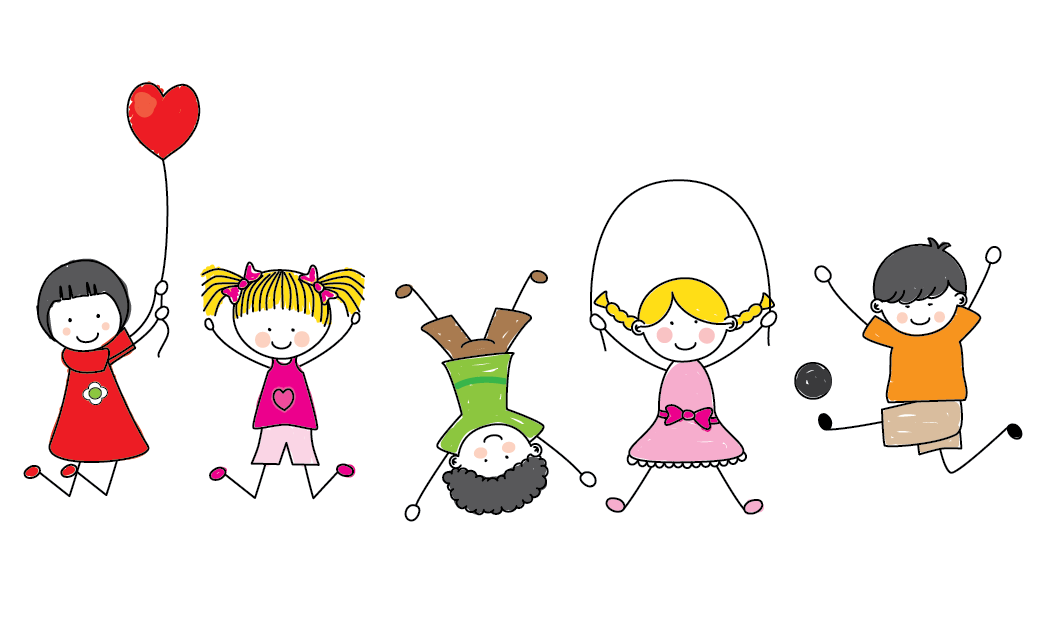Having published over 50 articles on cognitive development, aggression, autism, ADHD and depression, Harvard Professor Dr. John Ratey knows a thing or two about childhood development. In his book, “Spark: The Revolutionary New Science of Exercise and the Brain”, he sets out powerful research connecting exercise to healthy brain function. According to Ratey, humans by nature are “movers” that require physical activity to maintain peak brain performance.
Ratey’s clinical work has found that exercise releases chemicals which improve the quality and quantity of brain cells, leading to brain fitness and longevity. Conversely, he notes that our modern sedentary lifestyles cause afflictions such as anxiety, attention disorders and loss of memory.
In related research on groups of mice which were given a combination of engaging tasks, creative toys and healthy foods, it was found that the ones with running wheels displayed smarter behavior and performed better on reasoning tests. Science is confirming that exercise improves cognitive ability and fights the effects of ageing. Additionally, it benefits our daily life by improving mood and sleep while reducing stress and anxiety.
Looking to boost your child’s capacity for reasoning, problem solving, decision making, language skills and memory? Get them moving now!
Review the exercise that they are offered at school and find ways to supplement it at home. Make sure to focus on aerobic exercise that gets the heart pumping faster, maximizes oxygen in the blood and increases blood flow throughout the body. Gym class may not be enough. Activities such as walking, swimming and bicycle riding are great ways to add steady aerobic exercise to your child’s existing regimen.
Even if your youngster is on a soccer or swim team, remember to keep up during the off-season. Habits like daily walking or running are great to develop at an early age, even before schooling, so that they can be maintained all year round and all throughout life. Remember that your child will not be on the soccer team forever, so they need a long-term exercise plan. In your family, promote steady and consistent exercise as a life necessity, akin to water and breathing. We are talking about a certain mindset and lifelong commitment.
As an aside, this is a great time to reinforce healthy breathing techniques. Proper breathing strongly influences physiology and thought processes, including moods, according to Dr. Andrew Weil, a world-renowned pioneer in integrative medicine. Teach your children to breathe in deeply through their nose, hold for a few seconds and then fully exhale through their mouth. Try to root out the bad habit of “shallow breathing” where they take quick, short breaths in a rushed pace.
Restore the harmony between body and mind in your home. It is a pathway to a healthier brain and happier life. And that can contribute powerfully to the lifelong love for learning!


Recent Comments